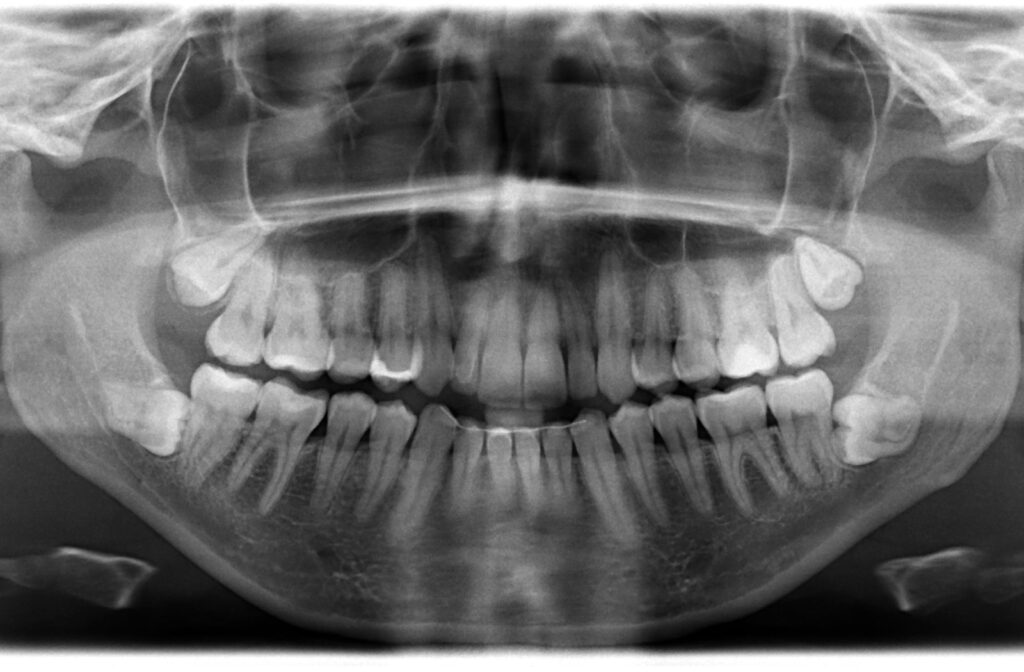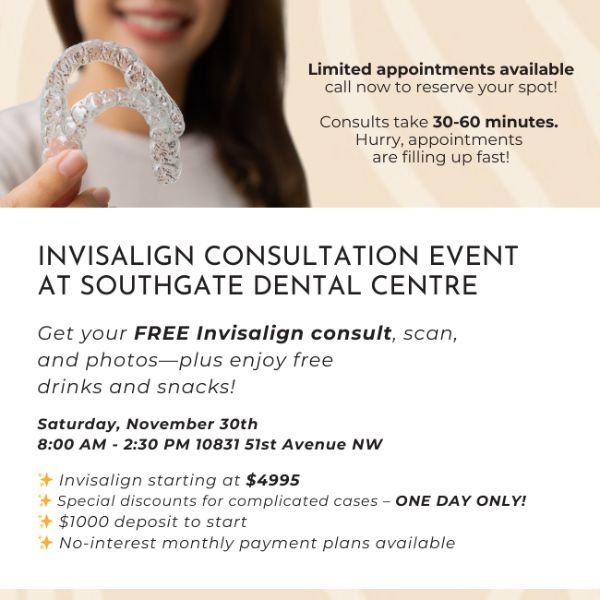If you have or have had wisdom teeth at any point, you may think that everyone has them. But is that true? Surprisingly, not having all your wisdom teeth or having no wisdom teeth at all isn’t uncommon.
Having wisdom teeth can sometimes lead to dental issues, requiring that they be surgically removed. By keeping up with regular dental exams, your dentist can monitor your wisdom teeth to assess potential issues and help keep your smile healthy.
What Are Wisdom Teeth?
Wisdom teeth are the third and final set of molars that typically emerge between 17 and 25. They’re called wisdom teeth because they appear when we’re older (and sometimes wiser) than when our other adult teeth come (typically before age 14).
Anthropologists believe wisdom teeth were crucial for ancient humans, who had to chew through fibrous plants, raw meats, and other coarse foods. However, as our diets changed and dental care improved, the need for these extra molars diminished. Our jaws have gotten smaller over time and our craniums have gotten larger. With the smaller jaws, we often don’t have room now for third molars.
Today, wisdom teeth can vary widely between individuals. Some people develop all 4 wisdom teeth, while others may have fewer or none.
Does Everyone Have Wisdom Teeth?
No, not everyone has wisdom teeth. There are 3 main scenarios when it comes to wisdom teeth development:
- Most people develop all 4 wisdom teeth, with one in each corner of the mouth. For these individuals, eruption time varies based on genetics and the size of your jaw.
- Some people develop fewer than 4 wisdom teeth, anywhere from 1 to 3. The variation may be influenced by evolutionary changes or genetics that affect the formation of molars.
- Some people never develop wisdom teeth. Approximately 15% of the population never develops any wisdom teeth. These individuals are simply missing the genetic blueprint for these molars.
A dentist can use X-rays to determine whether you have wisdom teeth and, if so, how they are positioned.
What Happens When You Have Wisdom Teeth?
If you have wisdom teeth, they don’t always cause problems. For many people, these molars erupt smoothly, positioning themselves neatly in the dental arch without discomfort.
However, for others, wisdom teeth can lead to complications such as impacted teeth, overcrowding, and tooth damage.
1. Impacted Wisdom Teeth
When there isn’t enough room in your jaw for the wisdom teeth to emerge fully, your molars can become impacted. Your teeth can get trapped beneath the gum line or pressed against the back of the second molar.
Impacted wisdom teeth can cause bad breath, swelling, bleeding gums, severe discomfort, or infection.
2. Crowding
Limited space in your mouth can cause wisdom teeth to push against other teeth as they erupt. Overcrowding or crowded teeth can misalign your smile or undo previous orthodontic work.
3. Decay or Infection
Wisdom teeth are difficult to clean because they are positioned far back in the mouth. Tight or crowded spaces can also make flossing and brushing challenging.
The lack of easy access increases the risk of cavities, gum disease, or infections like pericoronitis, which can affect the gums surrounding partially erupted teeth.
What Should You Do About Wisdom Teeth?
While wisdom tooth extraction is one of the most common oral surgeries performed on Canadian patients, not all wisdom teeth need to be removed. The action (if any) you take depends on whether your wisdom teeth are healthy and functional or if they’re causing problems.
Here’s how to approach dental care for your wisdom teeth.
1. Monitor Them
If your wisdom teeth have come in correctly, are easy to clean, and aren’t causing discomfort, you may not need to take any action. Your dentist can monitor them during regular check-ups to help keep your third molars and surrounding tissue healthy.
2. Remove Them (If Necessary)
If wisdom teeth are causing discomfort, crowding, or signs of infection, your dentist may recommend extraction. Wisdom tooth removal is a standard procedure dentists and oral surgeons perform regularly.
3. Preventative Removal
Even if your wisdom teeth aren’t currently causing problems, your dentist may suggest proactive removal to prevent future complications, especially if X-rays show signs they could cause problems like impaction or overcrowding.
4. Timing of Extraction
If you need your wisdom teeth removed, it is recommended to have it done sooner than later. Preferably before age 25. This makes the extractions simpler and the healing more predictable.

How Does a Dentist Monitor Wisdom Teeth?
Your dentist will typically evaluate your wisdom teeth using the following methods:
- X-rays to capture detailed images of your jaw, showing the position, number, & condition of your wisdom teeth, along with any potential effects on neighbouring teeth
- Discussing symptoms to determine if you’re experiencing common signs such as discomfort, swelling, or difficulty opening your mouth
- Monitoring growth during routine dental exams to track changes over time
Should You Worry About Wisdom Teeth?
If you’re wondering whether your wisdom teeth could become a concern, know that it’s something your dentist can work on with you.
Regular dental visits help you proactively approach your oral health, from monitoring wisdom tooth eruption to discussing practical options with your dentist.
Wisdom teeth are highly individualized; some people live comfortably with them, while others need them removed. Whatever your situation, a trusted dental professional can provide the tools and support you need to maintain good oral health.
Take Care of Your Smile
At Southgate Dental Centre, our team wants to help you smile without issues caused by wisdom teeth. If you’re concerned about your wisdom teeth or are interested in having your wisdom teeth extracted, book an appointment today.



